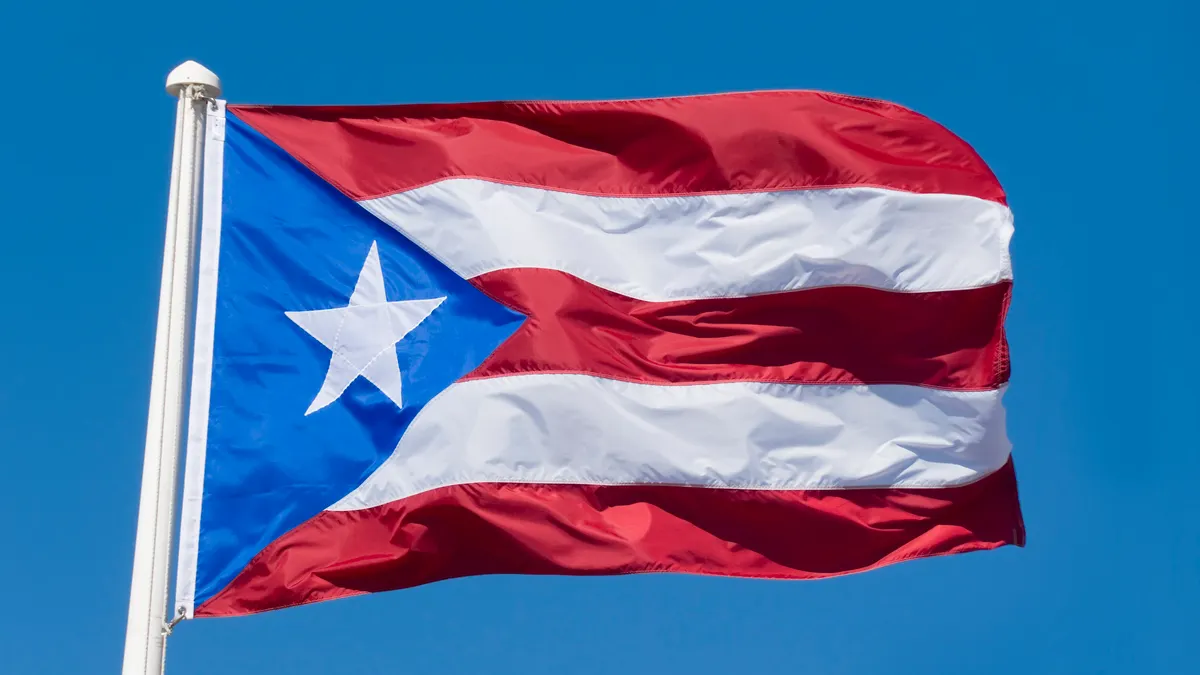A regulatory rejection is always difficult, and in the case of Intercept Pharmaceuticals' second FDA denial for the nonalcoholic steatohepatitis (NASH) drug obeticholic acid, the rebuff comes with the added disappointment that there are still no approved therapies for patients in the U.S. — and that Intercept is backing away entirely.
Intercept announced Friday that the FDA had issued a complete response letter for obeticholic acid and that the company would discontinue all investment in NASH research and development, resulting in layoffs of about a third of the company in the second half of the year and savings of about $140 million in operating expenses.
Intercept CEO Jerome Durso said on the company's investor call that morning that the move was an effort to "pivot to profitability."
"While this is clearly not the outcome that we've worked toward, I'm proud of the impact that Intercept has made to move the science of NASH forward and bring the field closer to a treatment option," Durso said.
Although Intercept is bowing out, the number of patients with NASH, which is characterized by inflammation and fat buildup in the liver, is estimated to be over 35 million globally and rising. And that's also a big market opportunity of about $27 billion by 2029, according to a research review from scientists at the Scottish Biologics Facility at the University of Aberdeen.
With so much on the line, why can't the biopharma industry seal the deal? The truth is, NASH is a complicated disease with various stages requiring different forms of treatment, and while many pharmas have poured millions into R&D, a lack of U.S. approval reflects just how complex the prospect of success can be. The consistent failure of drug candidates to change the course of the disease has led researchers to believe a combination approach will be the most effective down the road, but that will first require significant steps in efficacy.
Among the companies with firsthand knowledge of the rough terrain are Gilead Sciences and Genfit. Gilead's selonsertib failed to show significant efficacy in two phase 3 studies in 2019, and Genfit halted its own late-stage trial of the drug elafibranor in 2020 due to poor feasibility studies. And those are just the companies that made it that far.
The biopharma industry is nothing if not persistent in the face of a challenge, however, and several companies are still pushing forward where Intercept has thrown in the towel. Here are some of the companies still peddling in the clinical landscape of prospective NASH therapies with the potential to bring a candidate to market.
Madrigal Pharmaceuticals
Madrigal is devoted entirely to solving the NASH problem, and data released this month from a phase 3 trial show that its drug candidate resmetirom could go all the way. The therapy, which Madrigal acquired from Roche, also passed its first late-stage trial in early 2022.
The company submitted a new drug application to the FDA and expects a potential accelerated approval by June 2023, according to an emailed release from GlobalData.
“Following such positive data, unique (mechanism of action), and superior tolerability profile of Madrigal’s resmetirom, it is likely that Madrigal’s resmetirom will be the first therapy approved in NASH," said GlobalData senior immunology analyst Sravani Meka.
The Institute for Clinical and Economic Review, a drug pricing watchdog, also found moderate evidence for health benefits for resmetirom in the NASH space.
Inventiva Pharma
Inventiva's lead candidate lanifibranor is currently in phase 3 with an estimated primary completion date in September 2025. And in an earlier mid-stage trial, the drug cut liver inflammation compared to a placebo, indicating potential for success down the road.
The company has also teamed up with other research organizations in combination trials with lanifibranor.
AbbVie (and Novartis)
AbbVie's cenicriviroc, acquired through the purchase of Allergan in 2020, has faced its share of setbacks, including a phase 3 trial the company halted in 2021. However, AbbVie has embraced the combination approach by teaming up with Novartis on a mid-stage trial of cenicriviroc and the Swiss pharma giant's tropifexor. The study showed no new safety signals but also "no substantial incremental efficacy" in the important endpoints.
Novartis has since dropped tropifexor from its pipeline despite success in earlier trials, which could leave the combination with AbbVie's candidate up in the air — but at this point, the potential is still there even if the compounds find a new home in the pharma sphere.
Novo Nordisk
Insulin maker Novo Nordisk is exploring the potential for diabetes drugs to help patients with NASH in a phase 3 study of semaglutide. Because the drug has shown to be safe in past trials and in the real world, the company is now looking for efficacy.
Last year, Novo missed the endpoint in a phase 2 NASH trial, but leadership said at the time that the company would continue to investigate semaglutide's potential.
Akero Therapeutics
Akero's drug candidate etruxifermin showed in a mid-stage trial as much as a 72% reduction in liver fat, as well as glycemic control for diabetes patients and a restored lipoprotein profile. The company plans to begin a phase 3 program in the second half of 2023.
In a small study, etruxifermin reduced liver fat in combination with the popular weight loss drug Ozempic from Eli Lilly, showing that these drugs could also play a part in a NASH future.
Galmed Pharmaceuticals
Galmed's Aramchol showed liver fibrosis improvement in 39% of NASH patients during a phase 3 study. Following those results from earlier this year, the company will run a second late-stage study.
These companies are a selection of the potential up-and-comers in the NASH space, which has been riddled with failures, setbacks and departures. But as the candidates progress in the pipeline, a new wave of NASH treatments could be on the horizon.





















